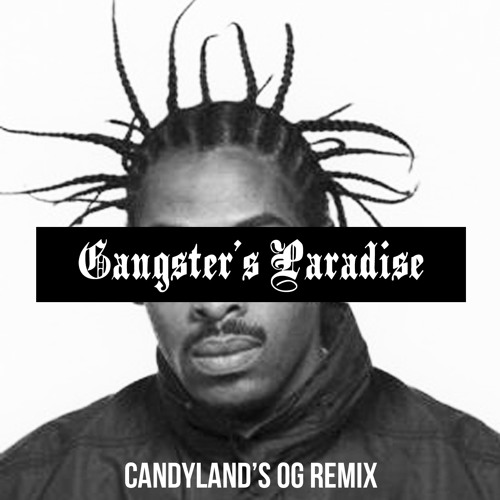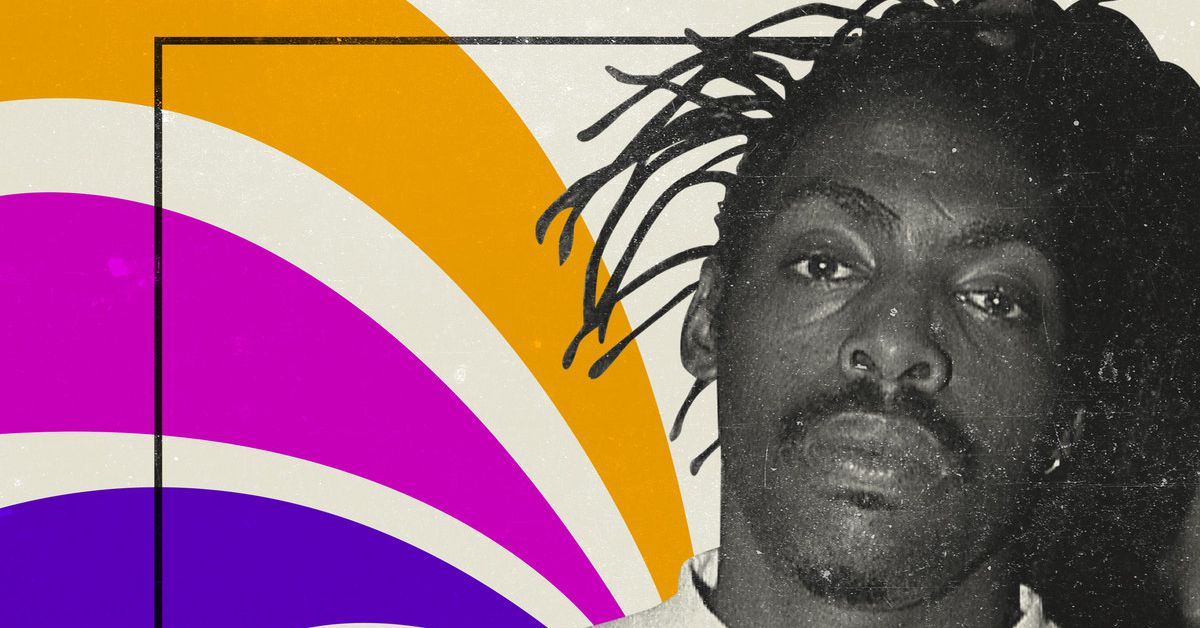

And “Gangsta’s Paradise” deliberately forces Stevie Wonder’s conscious, anti-materialist soul music into dialogue with that more brutal context. Isolating musical developments is a luxury: it means ignoring music’s social and economic context. With that reading, Coolio using Stevie Wonder’s beautiful “Pastime Paradise” so fully was flaunting rap’s supposed lack of creativity. For some critics, to draw a line from Stevie Wonder to hip-hop was to trace a decline: to tell the story of black American pop’s lost soul, from a 70s full of hope, warmth and conscience to a present day of seeming aggression and amorality.


Coolio was 32 when “Gangsta’s Paradise” came out, but the man he’s voicing is 23 – born in ’72, then, the year Stevie Wonder released Talking Book.


 0 kommentar(er)
0 kommentar(er)
